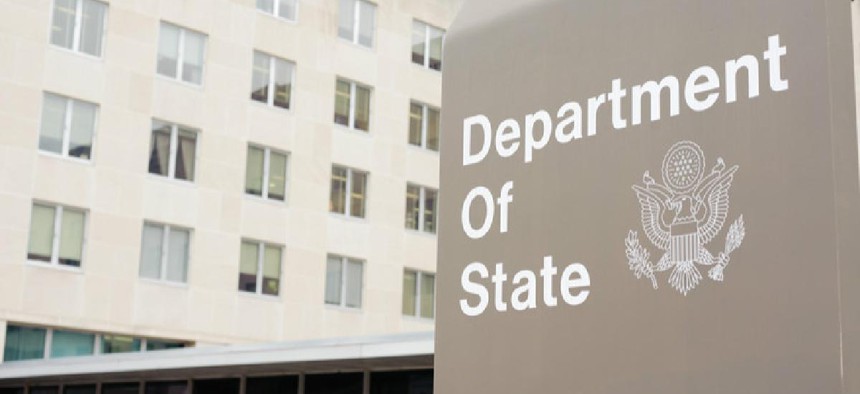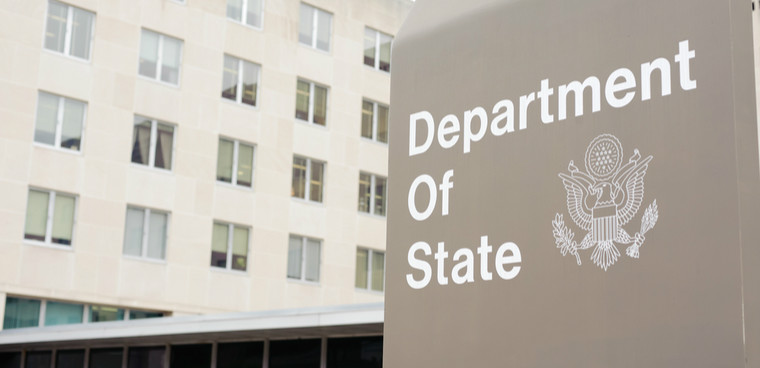Dismantling the 'old boys' club' at State

Several witnesses scrutinized the State Department's placement and promotion practices when it comes to minority foreign service officers.

A House Appropriations hearing on Thursday explored longstanding diversity and inclusion issues at the State Department, including lower rates of promotion among women and minorities as documented in a 2020 Government Accountability Office report.
"I hope this hearing will be the start of us moving toward bold action, experimentation and implementation to solve this problem," said Chairwoman of the Subcommittee on State, Foreign Operations and Related Programs, Barbara Lee (D-Calif.). "How do we dismantle the old boys' club?"
Since assuming his position, Secretary of State Antony Blinken has said that he intends to address the culture around diversity within the agency. Blinken announced the creation of a chief diversity and inclusion officer position at the department in February reporting directly to him.
Several witnesses at the hearing said that addressing the agency's culture around diversity, equity and inclusion will be critical to improving the retention of officers from minority backgrounds.
State Department fellowships bring in quality workers from minority backgrounds, said former Ambassador Nicholas Burns, "but many of them are not given the opportunities in the first 10 years that maybe white officers are being given. That's a true problem."
Changing promotion processes is another way to seed cultural change in the agency, said former Ambassador Gina Abercrombie-Winstanley at the hearing. She suggested that the State Department create specific measurements for diversity and inclusion or equal opportunity principles as a part of performance evaluations.
Former ambassador Harry Thomas discussed the issue of routing black foreign service officers to majority black nations.
"When [Abercrombie-Winstanley] and I joined the foreign service, you had to be pretty much on what they called the 'Black circuit' of Africa and the Caribbean," Thomas said. "That still exists."
Diversifying promotion and selection panels is also core step the agency can take, Thomas said.
All of the witnesses on the panel also pointed to the need for changes to recruitment, such as seeking candidates outside of traditional graduate program pipelines. Many also pointed to Congress' ability to mandate that State Department internships are paid as a way to enable candidates with less resources to still take part in those opportunities.
Rep. Andy Kim (D-N.J.), a former State Department official, tweeted about his experiences at State last week, saying was banned from working on Korea issues because of his Korean-American heritage, he said.
"I had a top secret security clearance. But here was a letter saying we don't trust you," he wrote, saying that these 'assignment restrictions' have also happened to other Asian Americans within the State Department.
At a hearing earlier this month in front of the House Foreign Affairs Committee, Blinken said that he was aware of concerns about these types of restrictions, which he says came up when he was deputy secretary of state.



